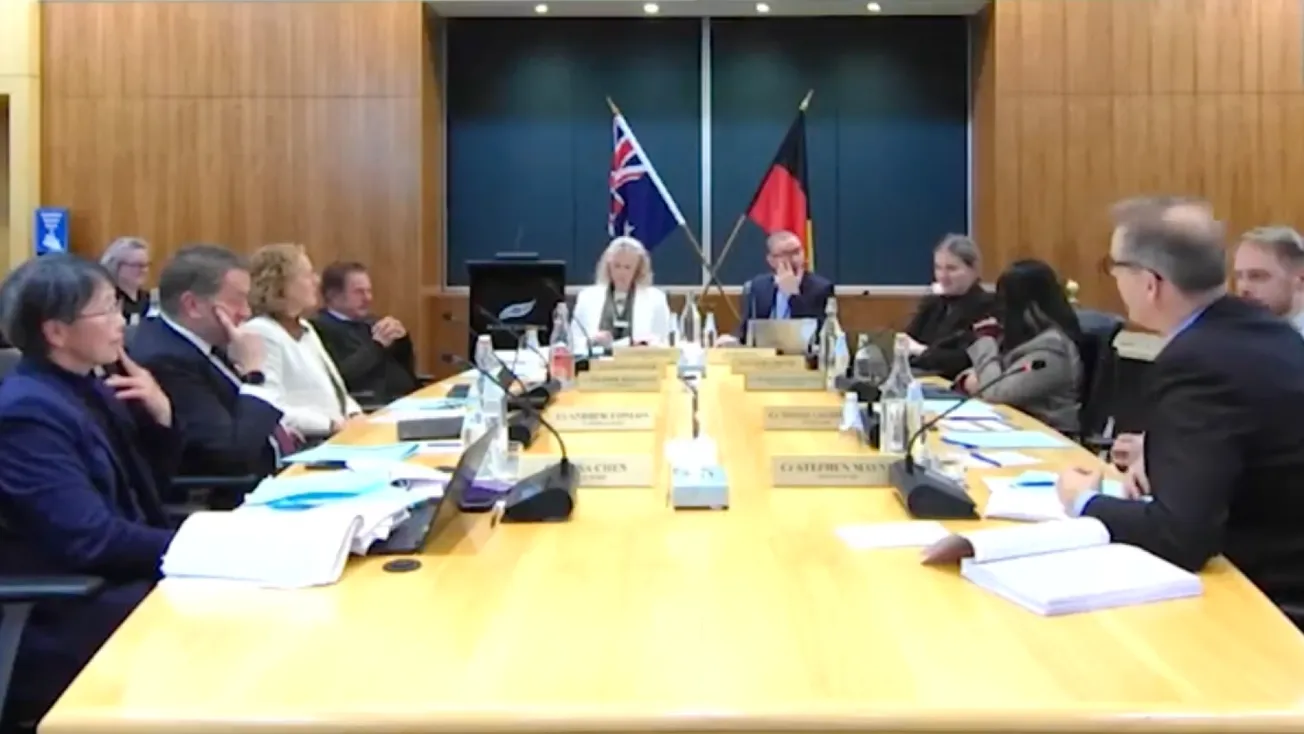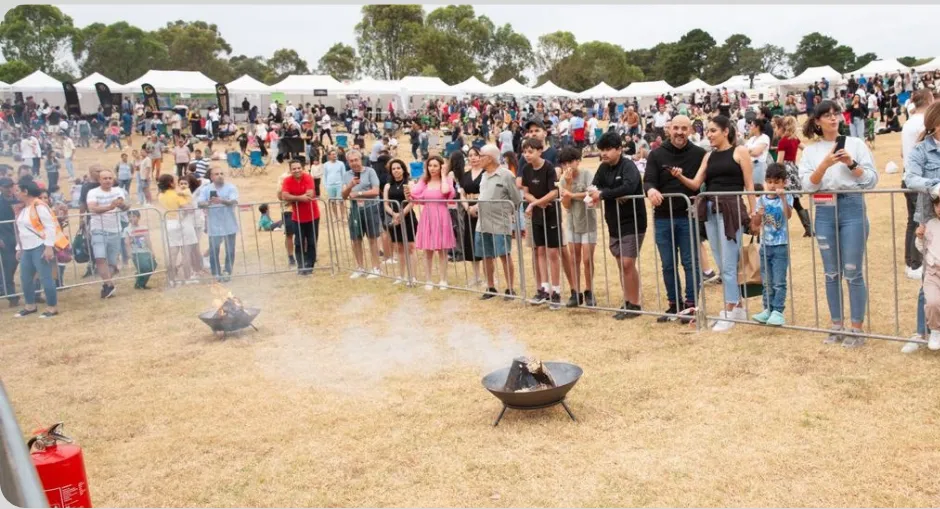Table of Contents
By Alexander Owens
Small revisions and costs all add up over the last two months of meetings, with Manningham’s operations and capital works proceeding smoothly, and councillors refining policy ahead of the upcoming October elections.
T he Activity Centre Design Concepts were sent to public consultation between April and June, outlining Council’s vision for the future of Manningham’s activity centres. With 39 activity centres, ranging from the major precincts at Doncaster Hill and the Pines to local shopping strips through the municipality, the future development of these retail and commercial zones will impact the amenity of all residents and decide the future of the businesses in these areas. Over the last few years we’ve seen how contentious any development in these areas can be, with the Macedon Square Master Plan and redevelopment being abandoned after pushback from vocal business owners. These Concepts endorsed by council in April are a preparatory step in establishing guidelines and eventually a new overlay in the Manningham Planning Scheme, enabling Council-funded and private development and redevelopment in these sites. With an expected 18,000 additional residents calling Manningham home over the next 12 years, there’s no question that these Activity Centres will need to undergo development and renewal to cater for the municipality’s growing population.
Manningham’s new Gambling Policy was endorsed in May as a necessary update to the previous policy developed in 2012. Across the municipality there are 462 pokies machines across 6 licensed venues and 3 TAB sports betting venues. Council must approve planning permits for the installation of any gambling machines, and these must follow State Government guidelines and caps. Amongst councillors, there was positivity for the policy, especially around advocating for local sporting teams to remove ties with gambling venues. The policy emphasises advocacy as no venues exist on Council owned or managed land and aside from revoking permits Council has no control over private land use. Additionally, whilst Council will increasingly advocate for sporting clubs to reduce or sever ties with gambling venues, State law requires venues which hold club licenses (including Manningham Club and Veneto Club) to provide community benefit equal to at least 8.33% of gaming revenue — benefit that, in increasingly difficult fiscal environments, can be difficult for community organisations to come by via other avenues such as grants, membership fees and donations.
The challenges of community-run organisations were highlighted in a heated discussion about the Outdoor Sports Infrastructure and Allocations Policy. Sporting facilities continue to be a key focus of councillors, stemming from policy documents including the Health and Wellbeing Strategy, and councillors frequently attend local sporting events. The Infrastructure and Allocations Policy endorsed for consultation in May is a consolidation of separate infrastructure and allocations policies, more clearly outlining criteria for allocations, penalties for misuse of facilities, and financial responsibility for infrastructure at council owned and operated venues. The financial responsibility for infrastructure in this policy has been adjusted so Manningham is responsible for more infrastructure, including 100% of the cost of most floodlights and 50% of the cost of electronic scoreboards, where previously this was 50% and 0%, respectively. The electronic scoreboard funding proved contentious, as Cr Andrew Conlon was unsure as to how these boards would improve participation with regards to their cost to Council. Whilst Mayor Carli Lange sided with Conlon in voting for a 20% contribution, rather than 50%, the remaining councillors voted for the 50% contribution, citing the strong financial position of Council and difficulty clubs have in raising large funds in this cost of living crisis.
This strong financial position was again cited in a decision to freeze the Standard Waste Service Charge at 2023/24 levels. Manningham holds no debt and has over $80m in cash and investments, meaning it receives interest on these held assets, rather than having to pay it as other councils and the State Government must account for. This strong financial position is repeatedly cited by councillors as they argue for and against funding various projects, and again off the back of quarterly reports, this strong financial position again informed this decision. Proposed as an amendment to the 10 Year Financial Plan by Cr Stephen Mayne, most councillors were persuaded to support the freeze. Mayor Lange was the only councillor to vote against the amendment, arguing that the recommended increase of 2.75% to the service charge was already below inflation and the true costs of waste disposal. Within the subsequently passed Proposed 2024/25 budget, Councillors unanimously voted for the maximum allowed increase to property rates of 2.75%, with Manningham expecting to achieve a surplus of $15m in the coming financial year.
Also endorsed for public consultation in May was a review of Manningham’s Governance Rules, which cover the operation of Council meetings and contains the Election Period Policy — reviewed just in time for the upcoming October council elections. A number of small changes initially proposed sought to limit the operation of public question time, including having the CEO read out the question rather than the questioner, and disallowing questions “repetitive of” questions asked in the previous three meetings. Cr Deirdre Diamante moved an amendment to remove these changes, citing the importance of residents asking questions of Council. A series of restrictions remain, including that the question must be tabled ahead of the meeting, and that the question may not be altered from what has been submitted.







